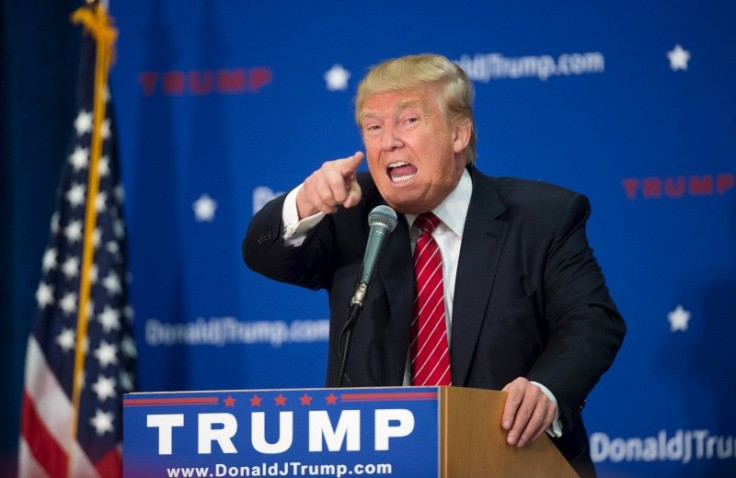Fortune 500 Companies Using Tax Havens To Avoid $620B in US Taxes: Report

Donald Trump has promised to try to prevent U.S. corporations from keeping their earnings overseas as a way to avoid paying American taxes. In specific, he is proposing to impose a one-time “repatriation” tax of 10 percent on “corporate cash held overseas” as a way to get companies to put the money “to work in America.” Now, a new report provides data illustrating just how big a budgetary issue tax avoidance has become.
The analysis released Tuesday comes from the left-leaning Citizens for Tax Justice and U.S. Public Interest Research Group, who do not typically echo billionaire real estate moguls or Republican presidential campaign themes. The groups find that almost 72 percent of Fortune 500 companies are operating subsidiaries in so-called “tax haven” countries like Bermuda and the Cayman Islands -- and that, in all, those firms are “holding more than $2.1 trillion in accumulated profits offshore for tax purposes.”
The report says that among the U.S.-based firms with the biggest overseas cash holdings are major financial firms such as Citigroup and Bank of America, which were bailed out by taxpayers after the 2008 financial crisis. Also on the list are tech giants such as Microsoft -- which International Business Times last year reported was keeping $92 billion offshore.
Assuming a tax rate of just 6 percent on those profits -- far less than the official U.S. corporate tax rate and less than Trump’s proposed “repatriation” rate -- the groups estimate that the firms “would collectively owe $620 billion in additional federal taxes” if they weren’t able to shelter their cash in tax havens. For comparison, that’s more than the federal government’s entire projected budget deficit for 2015.
© Copyright IBTimes 2025. All rights reserved.





















